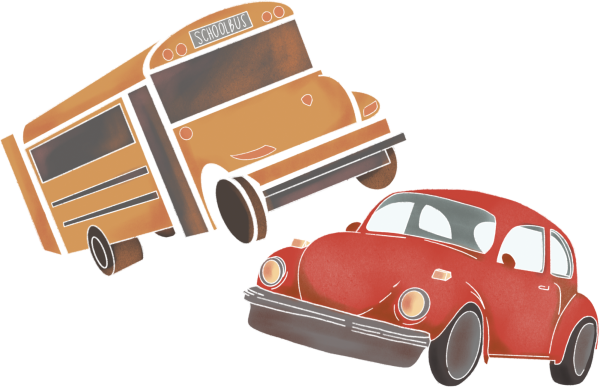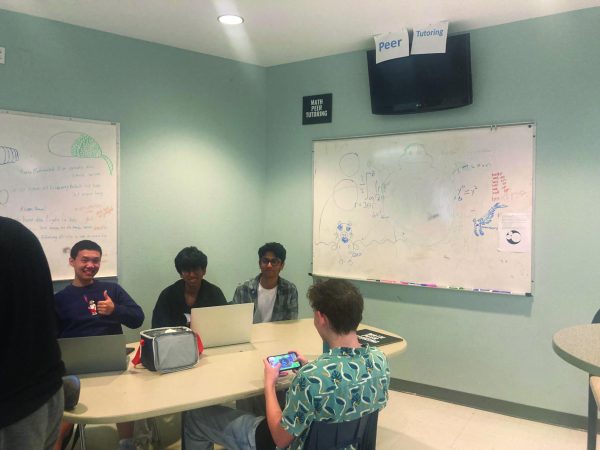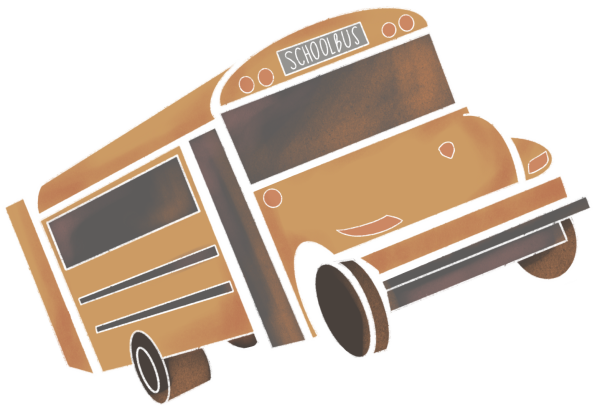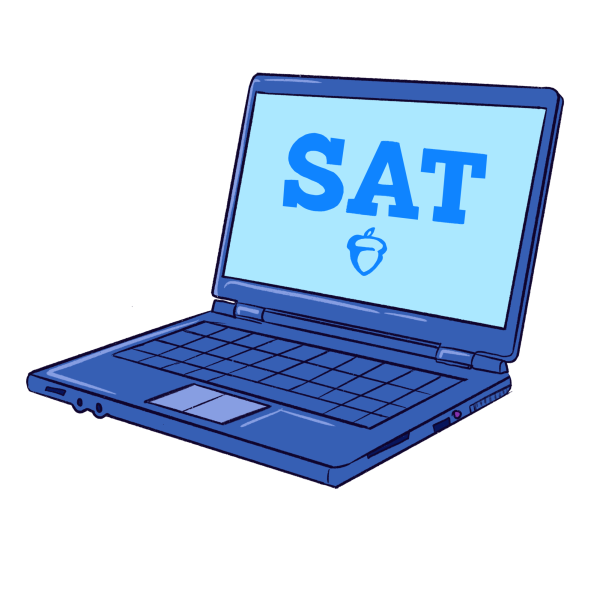Students Balance 9-5 Jobs
May 28, 2021
High school students have many obligations. Homework, studying for tests, college applications and volunteering are all time intensive activities, but on top of all that, some students decide to take on outside jobs. In Texas, minors can be legally hired as young as 14, giving even freshmen a chance to begin working. Junior Frankie Gigliotti worked at Chili’s, a chain restaurant.
“Basically, I would take people to their table, I would work the waitlist, I would clean tables and help people around the restaurant,” Gigliotti said. “If they needed refills on their drinks or needed some sauce brought out, little things like that.”
There are many ways that teens can begin to work and, according to a study done by Walden University, jobs can provide teens with insight into how to manage their time and earn their own money. Small businesses, which are independently-owned and typically centered around a specific product or service, are a way for students to earn money doing something that they enjoy, according to sophomore Thea Shanghani.
“I had a lot of free time on my hands, and I didn’t really know what to do with my time,” Shanghani said. “Then school got out, and all of a sudden, I had this huge amount of free time, so I began to crochet. I really liked it, and then I found out that my friend also liked it. So we decided to start a crocheting business together.”
The Resilient Educator is a coalition working to provide strategies to help teachers and students navigate the work-life balance, through their website. According to the organization, budgeting time is an important skill that many students don’t learn until they’re in college or have begun their actual careers. Going from school to extracurricular activities and then to a job can mean having to do homework late at night or, in some cases, working ahead during the weekends to ensure everything is complete for the coming week. For Gigliotti, the balance between work and school wasn’t an issue.
“I was able to make it so I didn’t have to work during school nights except for Sunday,” Gigliotti said. “I’d be able to do all my schoolwork during the week, and I’d try to get it done in the morning before I had to go into work. I think that it helped a lot with time management knowing I had to do something later, so I could get my homework done now.”
Working for their own businesses allows students to choose their hours, so the school-work balance was a nonissue for Shanghani. She found that creating her products enriched her school time.
“The good thing about virtual school is you can join the lecture while still crocheting because it doesn’t interfere with each other,” Shanghani said. “It actually helps me focus when I am listening to a lecture, so it’s good to do it.”
Students’ unique skills can help them in their jobs. If a student is knowledgeable about a specific subject, they can become a student tutor. If a student is in a sport, they can participate in leadership positions, teaching basics to younger learners and watching over them. For example, freshman Leyla Redfield works at a dance studio called Dance By Carly.
“My job is to be a supervisor of children and teach them certain skills it takes to be a dancer,” Redfield said. “I am currently a full-time competition dancer at Dance By Carly, and it takes a lot mentally and physically to be in the competition world as a dancer. I teach my children how to handle all of the mental and physical strains that being in the competition world can cause.”
Having a job can teach the relationship between earnings and education, the value of money, the importance of budgeting and can help build confidence, according to a resource article written by Walden University. However, the benefits are met with some cons, such as hurting academic achievement or instilling negative views about work.
“Students out there that are looking to get a job should know that you are going to have to sacrifice some things,” Redfield said. “I would say it’s worth it, but I don’t know where your priorities are at, and it really depends on that. There can be a lot of pressure with a job, and making sure you can handle the school-work balance is important. I still think that I’ve learned a lot and that it is helpful to me to sort of dip my toes into working.”










